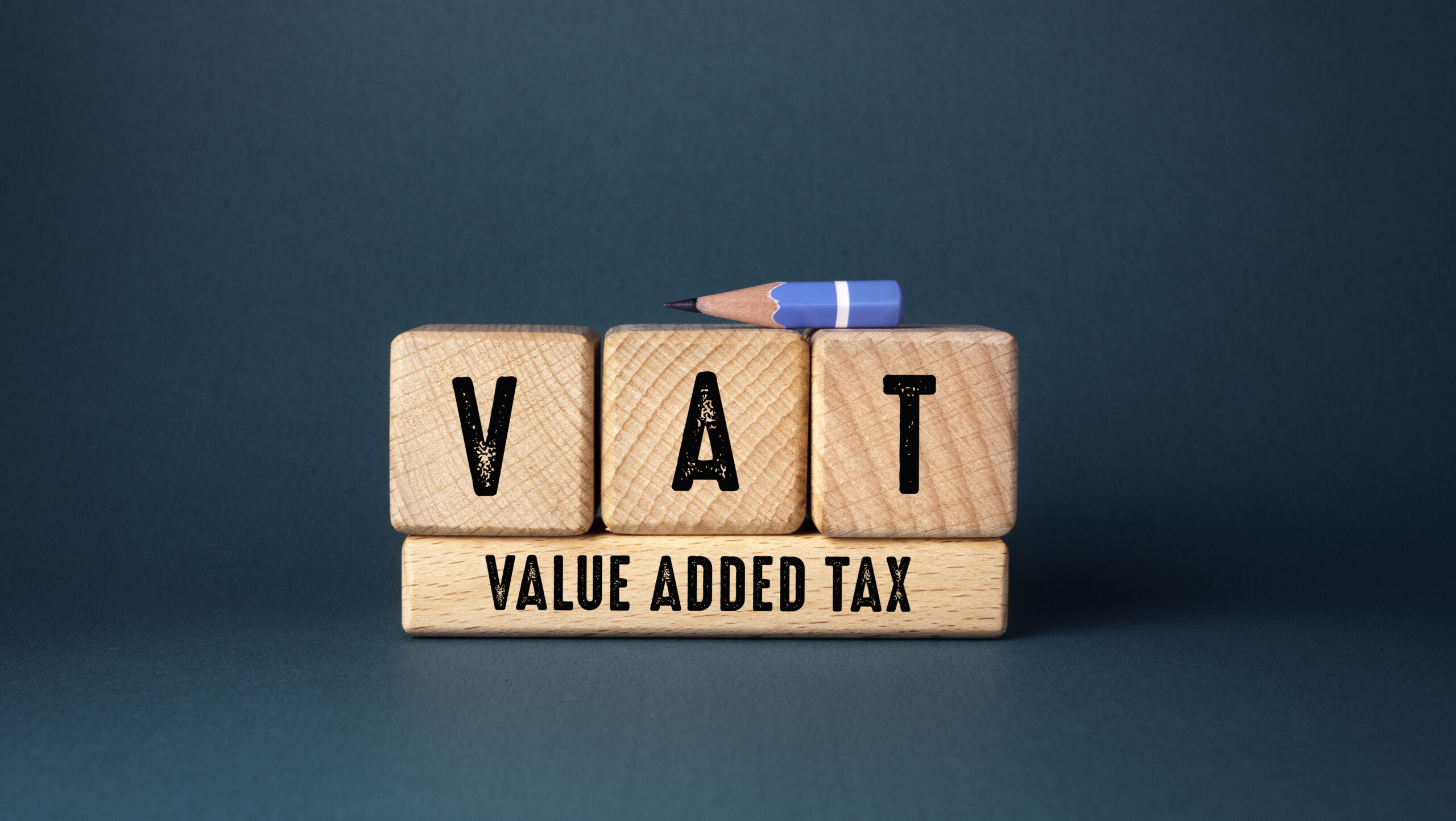
Date posted: 15th Nov 2023
Most business owners are aware that VAT registration is a legal requirement should total taxable turnover for the previous 12 months exceed £85,000 or turnover is expected to exceed £85,000 in the next 30 days.
Once a business becomes liable, that liability ceases should HMRC be satisfied that the business is not expected to exceed the deregistration limit in the following 12 months. This limit is usually set at £2,000 below the registration limit – currently £83,000 until at least April 2026.
So far so good, but what is the situation where, for example, a business has a one-off client and that income takes the business over the VAT registration threshold but this is unlikely to occur again, at least not in the foreseeable future? In this case the business is still obliged to notify HMRC that the threshold has been exceeded but at the same time can apply for exception from registration, providing evidence that the expected turnover in the next 12 months is estimated to be below £83,000.
The recommendation to date has been to complete a paper registration Form VAT1 and at the same time write to HMRC asking for exception as this will give HMRC complete information about the firm’s business and trading circumstances. However, since 13 November 2023 HMRC will remove the ability of taxpayers to submit a paper VAT registration form requiring online registration only (unless the individual is digitally excluded or unable to utilise online services). The concern must be that the link between the digital online registration and the paper application for exception will be missed.
However, HMRC’s registration manual confirms that ‘In cases where exception is being applied for, the applicant will not necessarily be liable to register…Applications may therefore be accepted in writing without an accompanying VAT1‘. If the business fails to notify and subsequently discovers they should have registered then it could be faced with paying penalties for both late registering and for not telling HMRC in the first place. The challenge is providing clear evidence as to why the threshold was temporarily exceeded and the belief that VAT registration should not be made.
HMRC will consider the exception and write with its decision. If HMRC disagrees, VAT registration will go ahead based on the date the registration should have applied.
Late application for exception
Sometimes a firm may be unaware that they have exceeded the registration limit and it is only when pulling together the annual accounts that it is discovered that the limit has been exceeded.
In such cases an exception application can still be made even though some months may have passed since the threshold was breached. This opportunity exists despite the wording of VAT Notice 700/1, para 3.7, which states: ‘You’ve still got to tell HMRC’s VAT Registration Service that you’ve reached the threshold within 30 days of the end of that month’.
Justifying the exception request in these circumstances is done by using the known facts on the date the breach was made rather than based on actual turnover figures achieved since the breach. HMRC’s manual states: ‘If you receive an application for retrospective exception containing information which would have been available at that time and would have led you to grant exception from registration at the earlier date, then it would be reasonable to allow retrospection now.‘ If HMRC does not agree, it will backdate the registration, applying penalties and interest as relevant.
If you require advice on VAT matters, please contact us.



